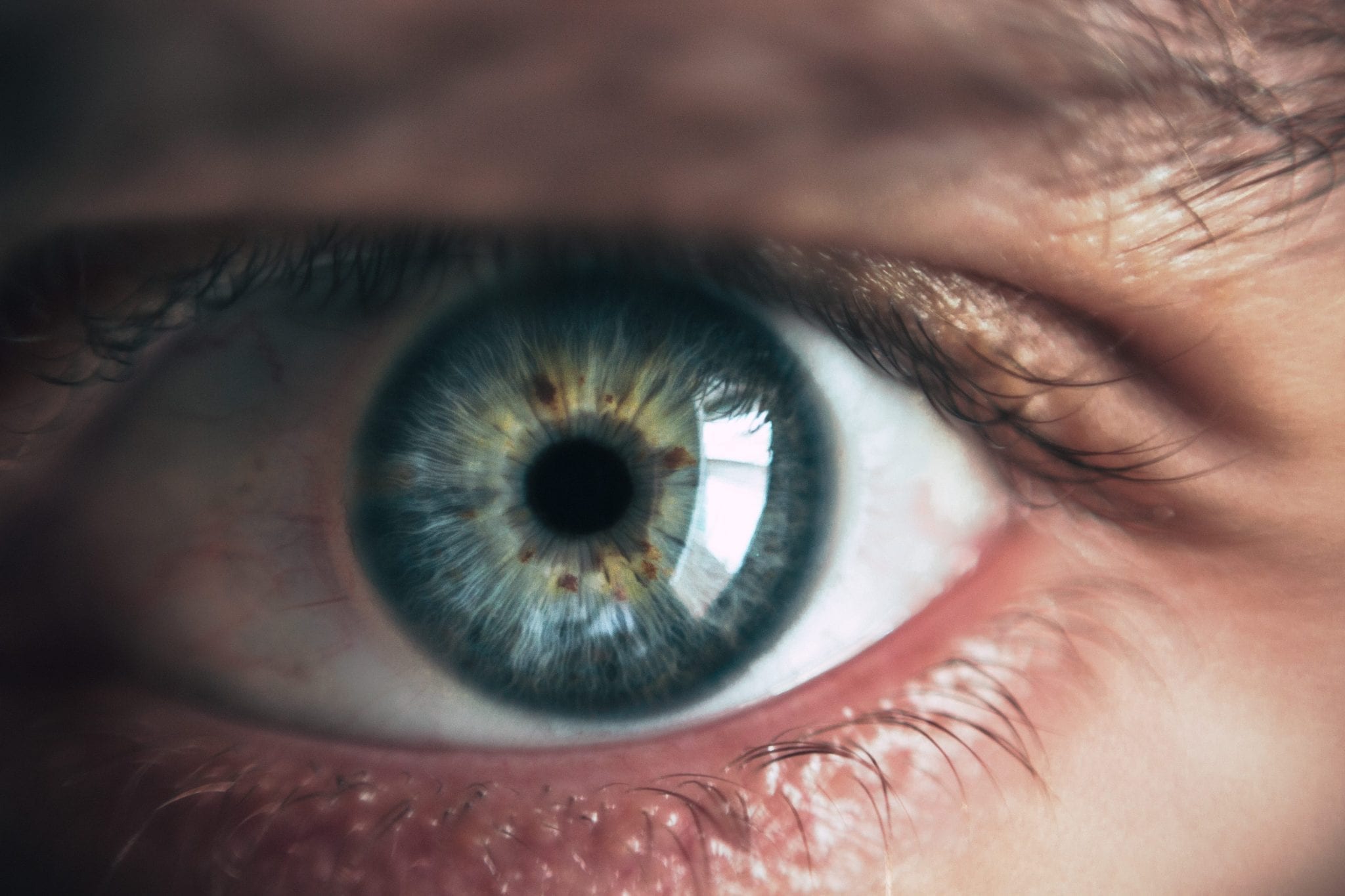Lawsuits Filed After Patients are Blinded By TriMoxi Knockoff
Curtis Cosby, a career truck driver living in the Dallas area, is one of at least 68 patients who say they were blinded by or left partially blind within days or weeks after being injected with an off-brand version of TriMoxi, a medication used to speed up healing and eliminate the need for eye drops after cataract surgery. He underwent surgery on Valentine’s Day 2017, and two weeks later, noticed he was blind in the eye that was supposed to have been corrected.
Cosby was driving a 10-wheeler truck back from a trip to Oklahoma when something blew through the window and struck his left eye. Only when he was rubbing it did he realize he was entirely blind in the other. He pulled over and called his surgeon, Kate Lee.
At his appointment the following day, Lee apologized to him. She told Cosby there had been issues with the drug and other patients had been back with the same symptoms. A retina specialist gave him an aspirin hoping that it would increase blood flow back to the eye, but that didn’t work.

With his other eye failing, Cosby has been since forced into early retirement. He was unable to pass a commercial driving test and is too terrified to undergo the same issues by having another surgery. He and his wife were once looking forward to a well-funded retirement after just a few more years of having to be on the road. “But all of that was pulled out from under us,” said Cosby.
Others who received the knockoff version of the drug cannot perceive depth or colors. Some see glare, halos, flashing lights, or darkness. Many are constantly disoriented and plagued with headaches and nausea, which leaves them unable to work or even drive. The patients underwent surgery from Jan. 31 to Feb. 21 with different doctors, and all of them received injections.
Those who were blinded by the drug are now bringing cases against the company that developed it, Professional Compounding Centers of America (PCCA), the pharmacy that mixed the drug, Guardian Pharmacy Services, and the clinics that administered it. Two of the patients have officially filed, and several dozen others, including Cosby, are next in line.
PCCA said the issue lies in how the pharmacy mixed it. Guardian denies any link between its products and the patients’ vision problems. And the clinics that performed the surgery claim the drug is definitely to blame.
Compounding pharmacies are those that make drugs for patients who need customized versions not sold by pharmaceutical companies, such as a pill in liquid form. They are not required to test whether the end product is safe and effective. Consequently, companies like PCCA and Guardian are free to formulate or sell untested drugs. Editor’s note: We apologize for the error in the above text. In fact, compounding pharmacies do test for sterility and stability. This is a requirement of USP 797, which is a regulatory standard for compounding pharmacies. This standard is the also the one used by most states as the official standard. Regarding drug approval, the FDA does not approve any compound as safe and effective, even when texted by the pharmacy. This does not, however, mean that the drugs are not tested by compounding pharmacies.
In a statement, Jack Munn, President, Guardian Pharmacy Services, said:
“The preparations were tested internally and by an independent third party laboratory, consistent with accepted standards governing compounding pharmacies, with certified results. All preparations dispensed by Guardian Pharmacy Services complied with Texas State Board of Pharmacy regulations.”
What’s more, some of the companies named in the lawsuits have shoddy pasts. In 2010, PCCA was sued for formulating another drug that blinded a patient. The case was settled without an admission of guilt. Two Guardian executives previously helped run illegally operating internet pharmacies. Their licenses were suspended and one of them received a felony conviction.
“It’s hard for me to remember a case in which there has been such disregard for patient safety regarding the preparation of a compounded drug,” Larry Sasich, a pharmacist in Ontario, Canada, said, adding, “These things don’t have to happen. There is no legitimate reason they should happen.”
Sources:
At Least 68 People Are Nearly Blind After A Botched Drug Was Injected Into Their Eyeballs
Patients lose vision after routine cataract surgeries at Dallas Key-Whitman center


Join the conversation!